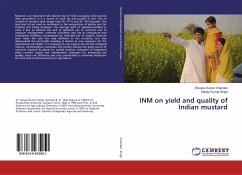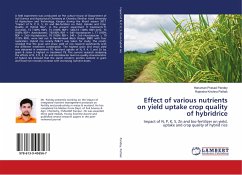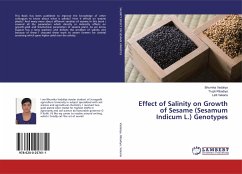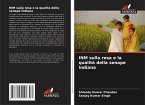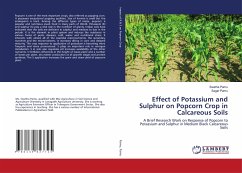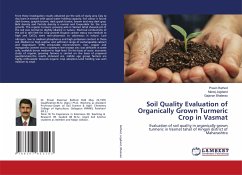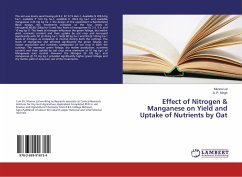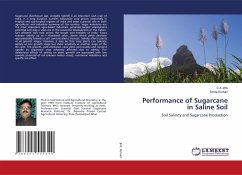Mustard is an important rabi oilseed crop of India occupying ranks second after groundnut. It is a source of both fat and protein in diet. The oil content of mustard seed ranges from 30 - 47 % and 20 - 40 % protein. The seed and oil are used as condiment in the preparation of pickles and for cooking and frying purposes. The average yield of rapeseed-mustard in India is low as because the lack of optimum use of nutrients and its improper management. Intensive cultivation and use of unbalanced and inadequate fertilizers accompanied by restricted use of organic manures have made the soils not only deficient in the nutrients, but also deteriorated the soil health resulting in decline in crop response. For the maintaining soil health, it is necessary to use organic sources like farmyard manure, vermicompost, neemcake and poultry manure are good source of nutrients required by plants for quality produce. Adoption of integrated plant nutrient supply and management strategies for enhancing soil quality, input use efficiency and crop productivity is extremely important for food and nutritional security in agriculture.
Bitte wählen Sie Ihr Anliegen aus.
Rechnungen
Retourenschein anfordern
Bestellstatus
Storno

